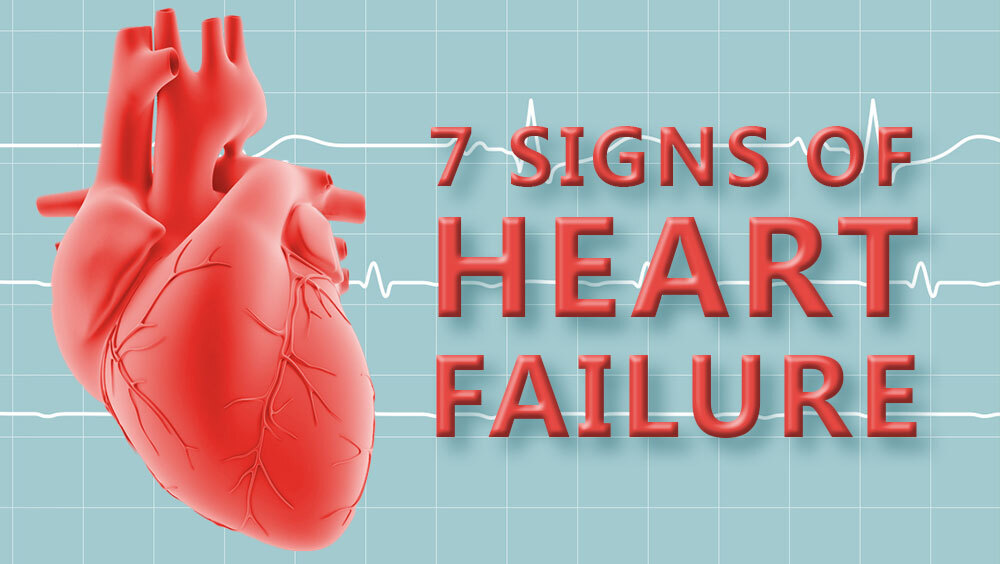Are you paying attention to your heart's secret language? It's crucial to decode its whispers before they turn into roars. Unmasking the subtle signs of heart failure can mean the difference between a healthy tomorrow and an emergency room visit. Let's dive in and unveil these indicators. Understanding heart failure's under-the-radar signals and acting promptly can steer you towards a heart-healthy path and away from becoming a statistic in the silent epidemic of heart disease.
Signs/Symptoms:
Chest Pain and Discomfort
Fact:In some cases, especially in heart failure due to coronary artery disease, chest pain or discomfort may be experienced.

A sensation of discomfort or tightening in the chest could indicate a clogged heart artery or an approaching heart attack. Someone experiencing this might sense a weight or intense ache in their chest, a sensation that can persist for several minutes and might be triggered by physical exertion. Pain that is fleeting and minor, enduring just a few seconds, likely isn't connected to the heart. However, extreme and lasting pain represents a medical emergency that requires immediate dialing of 911.




